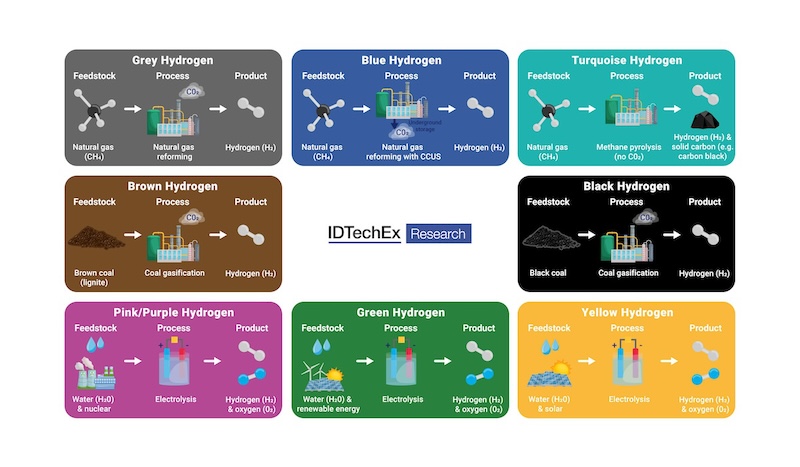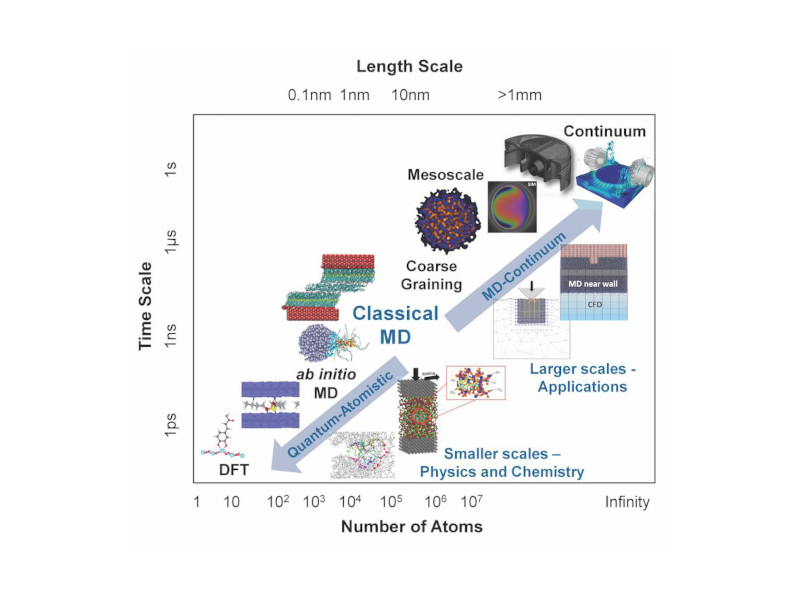After several years of unimpressive increases (in fact, overall average income dropped slightly from 2001 to 2002), average compensation for plant engineers jumped sharply in 2004. Both salaries and bonuses showed nice progress. Average total compensation was up by 12.6% ($9706) over 2003. Average salary increased 5.
Sections: General observations Complete study available
After several years of unimpressive increases (in fact, overall average income dropped slightly from 2001 to 2002), average compensation for plant engineers jumped sharply in 2004. Both salaries and bonuses showed nice progress.
Average total compensation was up by 12.6% ($9706) over 2003. Average salary increased 5.5% ($3924), and average nonsalary compensation (bonuses, profit sharing, etc.) increased a whopping 112% ($5804). Salaries ranged from $35,000 to $715,000, and nonsalary compensation ranged from none to $400,000. Total compensation ran as high as $739,000, but the average was $86,628, and the mean was $77,000.
Although we did not survey responsibilities other than plant engineering and/or maintenance, it was clear from our data that the highest paid executives have responsibilities in addition to plant engineering.
Our data comprises 1311 usable responses from subscribers to PLANT ENGINEERING who were queried by e-mail in October 2004. That number provides the base for the results shown in this article.
The accompanying graphs are all based on average total compensation, which includes salary and nonsalary compensation. Where we could make direct comparisons with previous studies, we have shown past data. In other cases, direct comparisons were not possible because of differences in reporting.
General observations
Earned income was up in every category we studied except one. Average compensation for plant engineers who supervise only one or two employees dropped from $73,071 in 2003 to $64,729 this year, just a few dollars from the 2002 level.
Regional data was remarkably uniform – more so than in past studies. This would seem to indicate that geographic compensation levels are influenced more by cost-of-living than by other factors. The Pacific region stood out with average pay some $10,000 higher than any other region.
Again, we have evidence that those who pursue certification or registration earn significantly more than those who don’t — by almost $10,000 or more. Of course, we cannot say these plant engineers earn more because of their registration/certification status, but it is clear that those who make the effort to excel in their profession are rewarded for their knowledge and effort.
It is also clear that the door to the highest levels of compensation is a college degree. Average compensation for those with a degree is more than $15,000 greater than for those without one. Those with graduate degrees earn even more on average, but perhaps not to the extent one might have expected.
Once again, our study confirms what would seem to be intuitively obvious — plant engineers with the most responsibility in the biggest plants or companies make the most money on average.
Complete study available
All of the compiled data from our 2004 salary survey is available in an electronic file that provides a wealth of information beyond what we are able to publish here. Numerous additional tables showing high, low, mean, and median values for hundreds of categories are included. Price is $35.00 plus tax. Mastercard, Visa, or American Express only, please.
To obtain a copy of the 2004 Plant Engineering salary survey in electronic form, contact Pat Mustari at 630-288-8775 or [email protected] . Provide your name, e-mail address, credit card number, and card expiration date.



